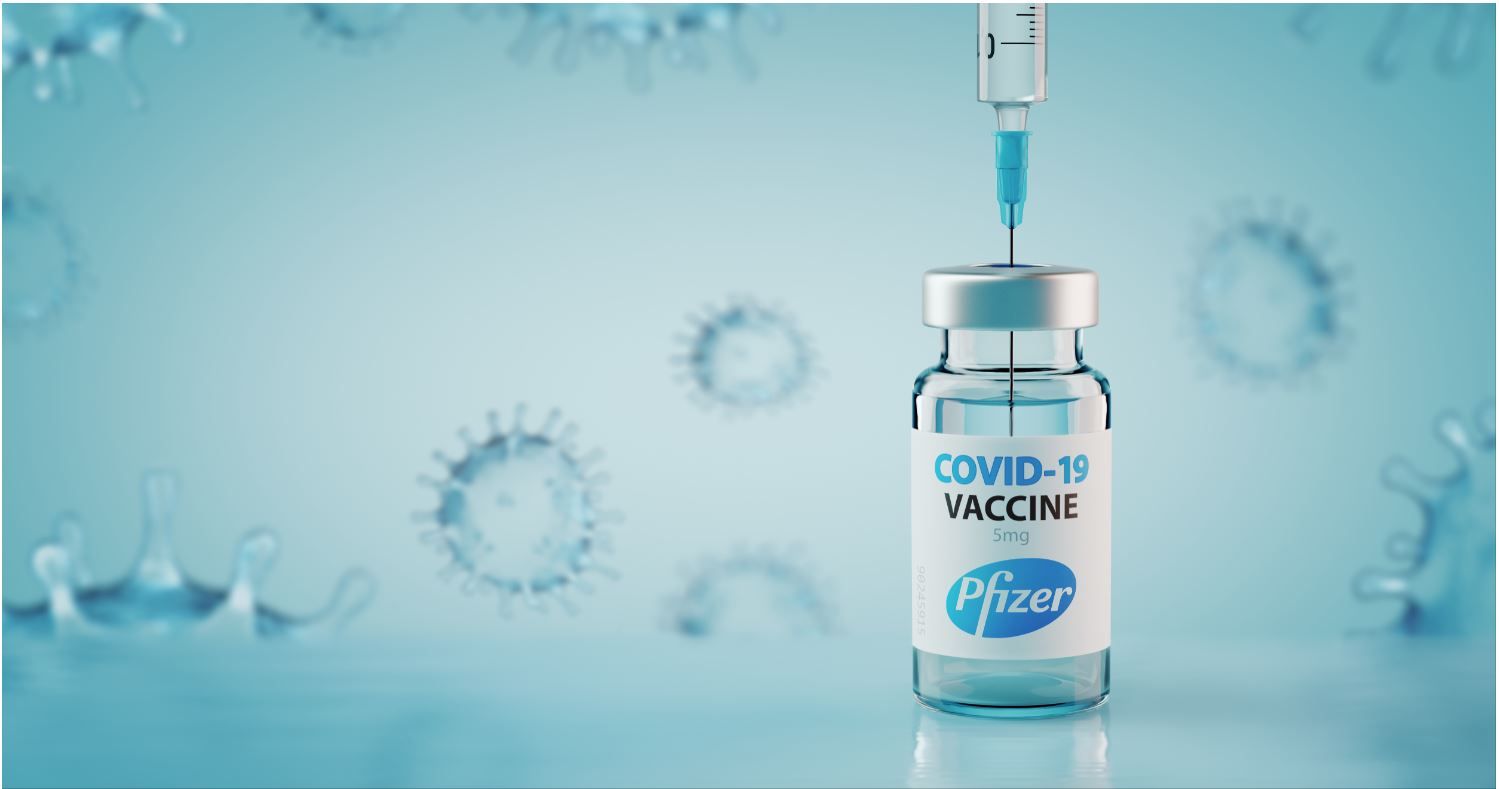- Clinical Technology
- Adult Immunization
- Hepatology
- Pediatric Immunization
- Screening
- Psychiatry
- Allergy
- Women's Health
- Cardiology
- Pediatrics
- Dermatology
- Endocrinology
- Pain Management
- Gastroenterology
- Infectious Disease
- Obesity Medicine
- Rheumatology
- Nephrology
- Neurology
- Pulmonology
FDA Expands Pfizer-BioNTech COVID-19 Vaccine EUA for Adolescents Aged 12-15 Years
Agency expansion of the COVID-19 vaccine EUA to include this younger group is an important step toward achieving herd immunity in the US, particularly as vaccine uptake slows across the country.
The FDA on Monday, May 10, 2021, expanded the emergency use authorization (EUA) granted for the Pfizer-BioNTech vaccine against the coronavirus disease 2019 (COVID-19) to include adolescents aged 12 to 15 years, according to an FDA news release.

“The FDA’s expansion of the emergency use authorization for the Pfizer-BioNTech COVID-19 Vaccine to include adolescents 12 through 15 years of age is a significant step in the fight against the COVID-19 pandemic,” said acting FDA Commissioner Janet Woodcock, MD, in the FDA statement. “Today’s action allows for a younger population to be protected from COVID-19, bringing us closer to returning to a sense of normalcy and to ending the pandemic.
Woodcock assures parents and guardians that the FDA review leading to the new EUA, like all COVID-19 vaccine EUA reviews was "rigorous and thorough."
The expanded authorization is based on results of a phase 3 clinical trial in 2260 adolescents that demonstrated 100% efficacy of the vaccine, BNT162b2, in preventing infection with SARS-CoV-2 in participants aged 12 to 15 years, according to a joint Pfizer/BioNTech statement. In the trial, 18 cases of COVID-19 were observed in the placebo group (n=1,129) while none were seen in the vaccinated group (n=1,131). Both the efficacy and antibody response in the trial exceeded those recorded in an earlier analysis of trial participants aged 16 to 25 years. The vaccine was well tolerated with side effects generally consistent with those seen in the older age group.
Immunogenicity among a subset of adolescents one month after vaccination completion was strong as demonstrated by SARS-CoV-2–neutralizing antibody geometric mean titers (GMTs) of 1,239.5.This measure was noninferior to GMTs elicited in the group aged 16 to 25 years old (705.1) in an earlier analysis, the news release states.
“Across the globe, we are longing for a normal life. This is especially true for our children,” said Ugur Sahin, MD, chief executive officer and co-founder of BioNTech, in the joint press release. “The initial results we have seen in the adolescent studies suggest that children are particularly well protected by vaccination, which is very encouraging given the trends we have seen in recent weeks regarding the B.1.1.7 UK variant.
"It is very important to enable them to get back to everyday school life and to meet friends and family while protecting them and their loved ones."
“The initial results we have seen in the adolescent studies suggest that children are particularly well protected by vaccination, which is very encouraging given the trends we have seen in recent weeks regarding the B.1.1.7 UK variant."
According to the Pfizer-BioNTech statement, research is also ongoing in children aged 6 months to 11 years, with first doses administered in March 2021 in a global phase 1/2/3 seamless study. This study is evaluating the safety, tolerability, and immunogenicity of the vaccine on a 2-dose schedule in 3 age groups: children aged 5 to 11 years, 2 to 5 years, and 6 months to 2 years. Given the significant proportion of the population in these younger age groups, broad vaccine coverage could be another important step toward US herd immunity, particularly as vaccine uptake slows in many parts of the country.
Albert Bourla, DVM, PhD, chairman and chief executive officer of Pfizer, said the company hopes to begin vaccinating adolescents between 11 and 15 years of age by the beginning of the next school year.
“We share the urgency to expand the authorization of our vaccine to use in younger populations and are encouraged by the clinical trial data from adolescents between the ages of 12 and 15,” Bourla said in the press release.
At this time, as with the adult population, there are limited data to address whether the vaccine can prevent transmission of the virus from person to person. Nor are data available to determine how long the vaccine will provide protection.
The FDA has updated the Fact Sheets for Healthcare Providers Administering the Vaccine (Vaccination Providers) and for Recipients and Caregivers with information to reflect the use of the vaccine in the adolescent population, including the benefits and risks of the Pfizer-BioNTech COVID-19 Vaccine.
